Opening
Roza
▶︎ Hey, everyone. Akino Roza here.
David
▶︎ And I’m David Evans. That’s right. It’s important to have a goal in sight
and in mind.
Dialogue
① I think it was made in the 1970s. 【 〜年代 という言い方 】
👉 1970年代 これは the 1970s この言い方、しっかり覚えておくんですよ。
よく使います。
② That would be lovely. 【 would の役割 】
👉ここで使われた would – これは「〜でしょう」と控え目な表現なんですね。
ここでは仮定的な意味を含んでいます。「それが実現したとしたら、素晴らしいでしょうね」
そうした呼吸で使われていますよ。
Practice
David
▶︎ OK, everyone. Today’s target forms use “to” and “for” to emphasize
the recipients -「受け手」ね. However, you don’t need to stress “to” or “for
in these sentences. Actually, we weaken them in the most cases.
You’ll see as we practice. OK?
Roza
▶︎ OK, guys. Practice with us.
※ to me, to me
・My friend sent it to me.
・My friend sent it to me.
David
▶︎ Let’s keep going.
※ for us, for us
・Jill bought these for us.
・Jill bought these for us.
Roza ▶︎
※ for you, for you
・My aunt made this for you.
・My aunt made this for you.
David
▶︎ Unlock your potential.
Roza
▶︎ Repetition is the key.
Roza & David
▶︎ Great work.
Ending
Onishi
▶︎ So, David. Your students made a collage for you.
Good for you!
David
▶︎ Hey, thanks. It really warmed my heart, seeing all these
pictures about us, playing outside together, or eating 給食 together
with a little comments form the students. It was so kind of them.
Onishi
▶︎ Oh, yeah. That’s so sweet.
David
▶︎ Oh, yeah. That’s collagen.
Words and Phrases
① collage
👉コラージュ
② collagen
👉コラーゲン
これで、Lesson 53 は終了。
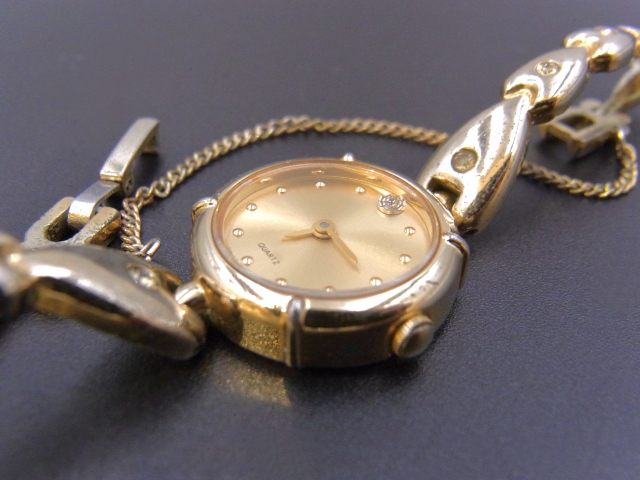

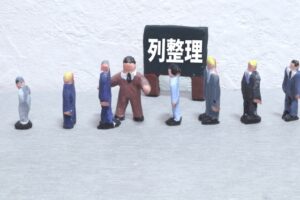
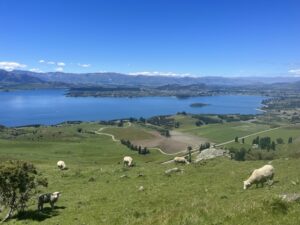
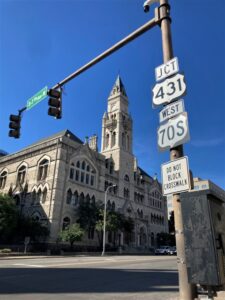
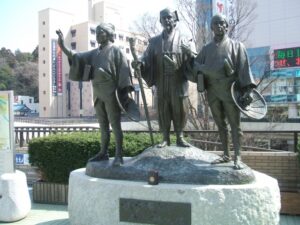
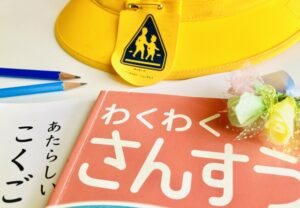
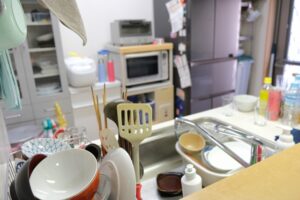
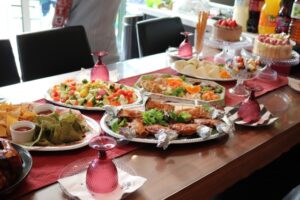
コメント